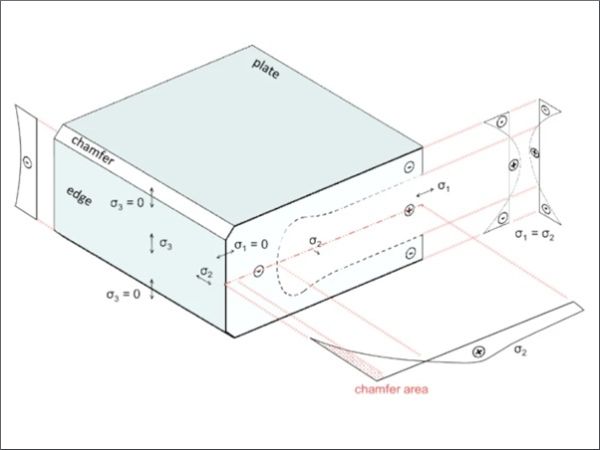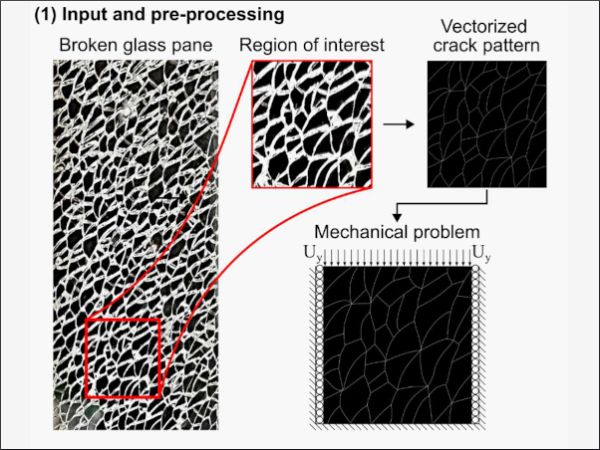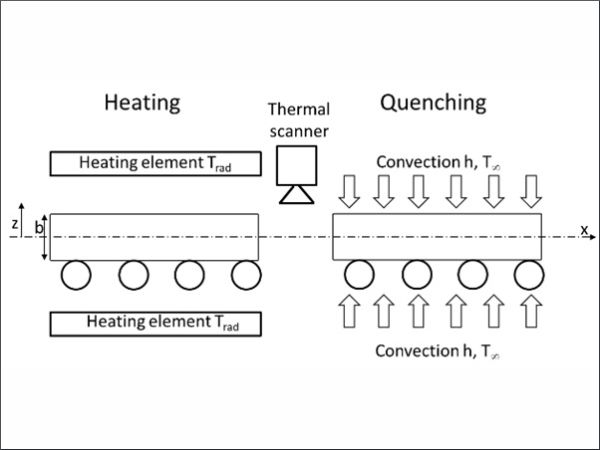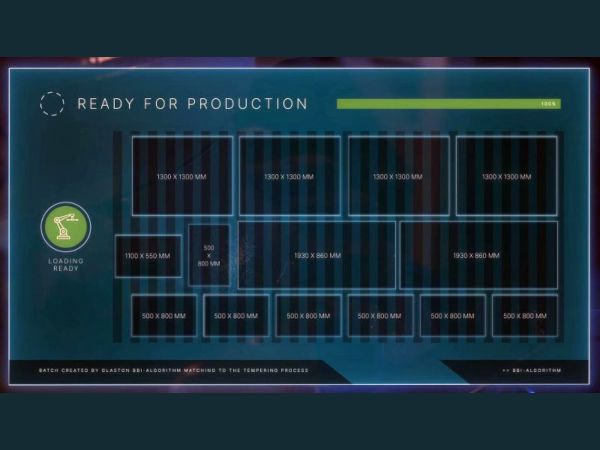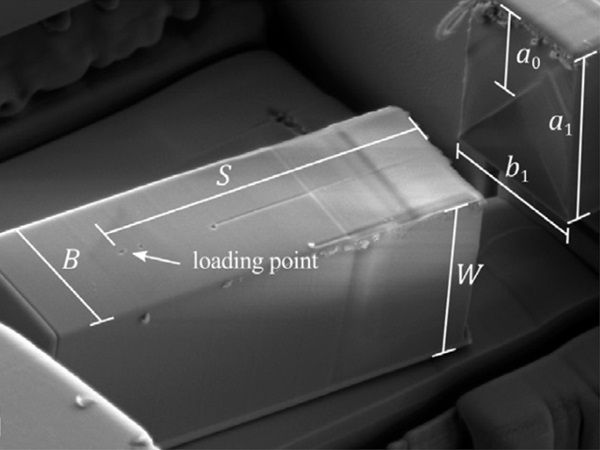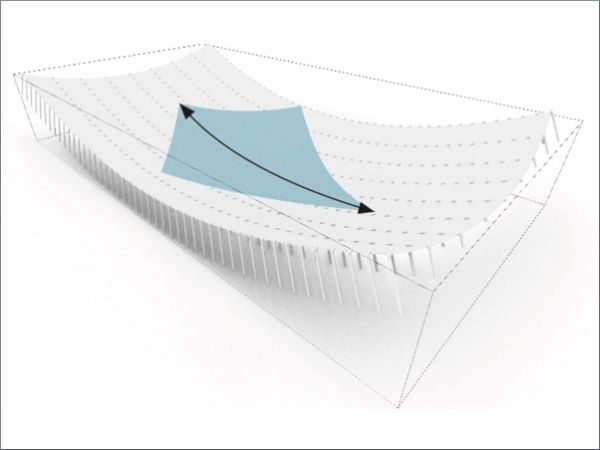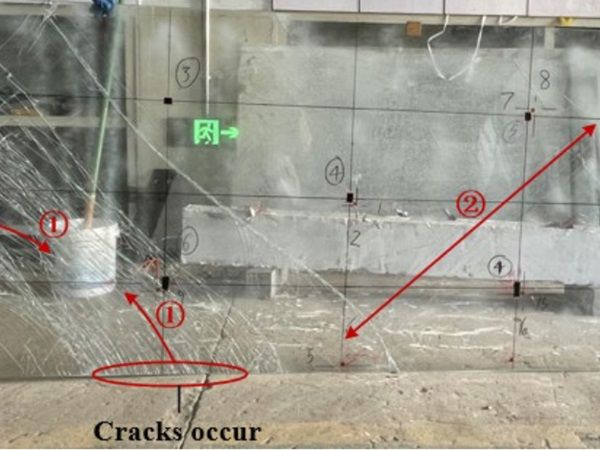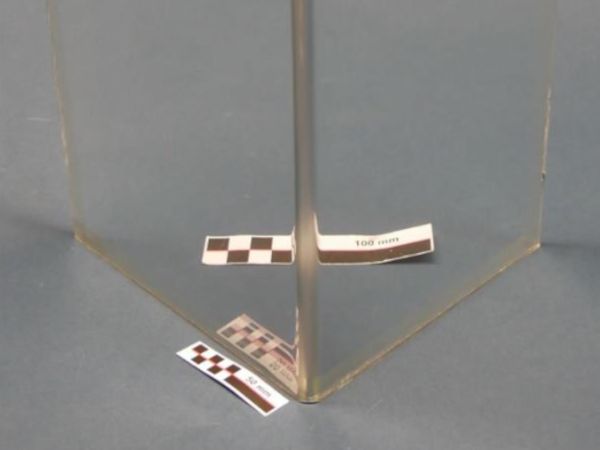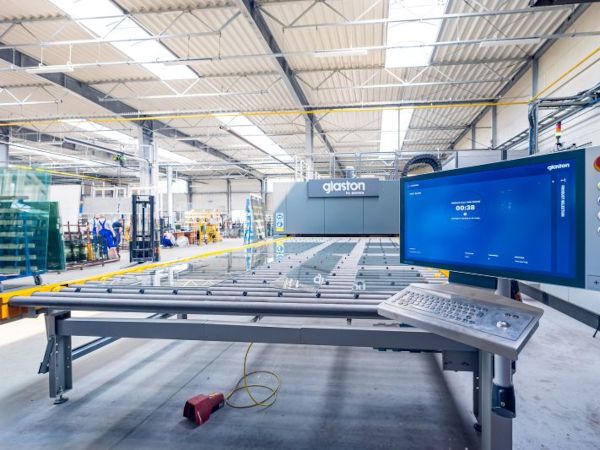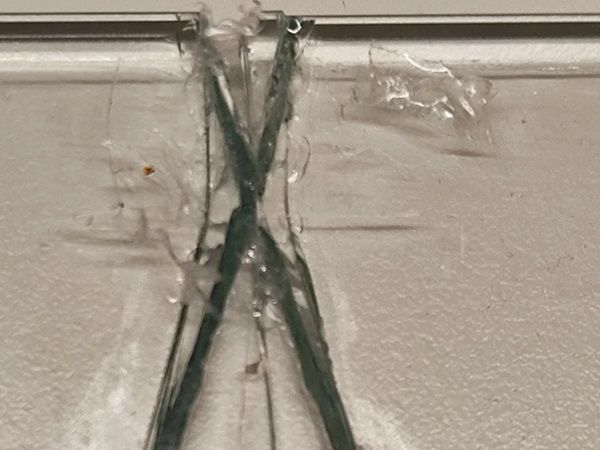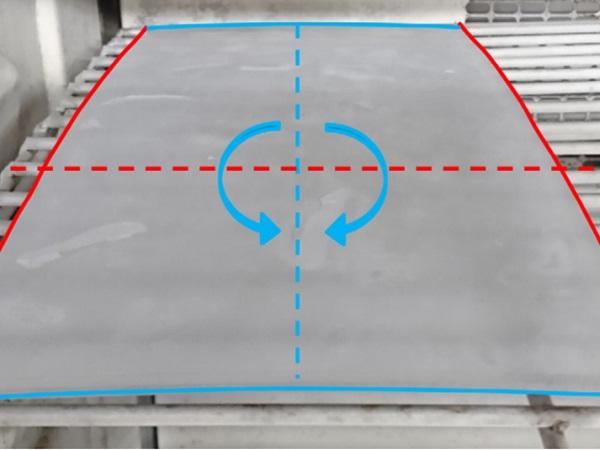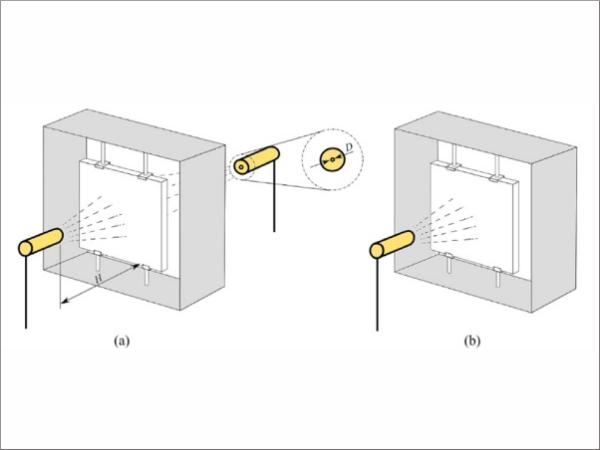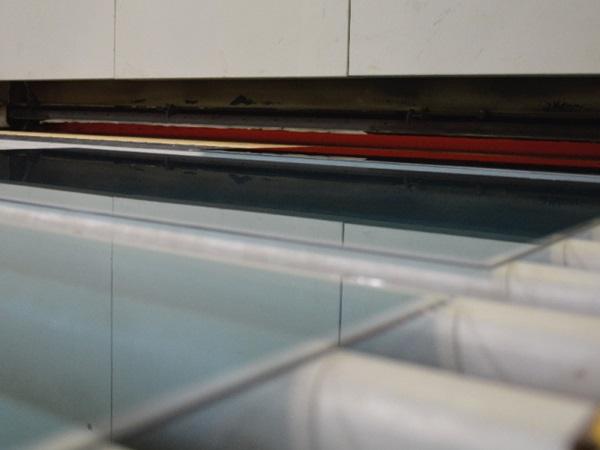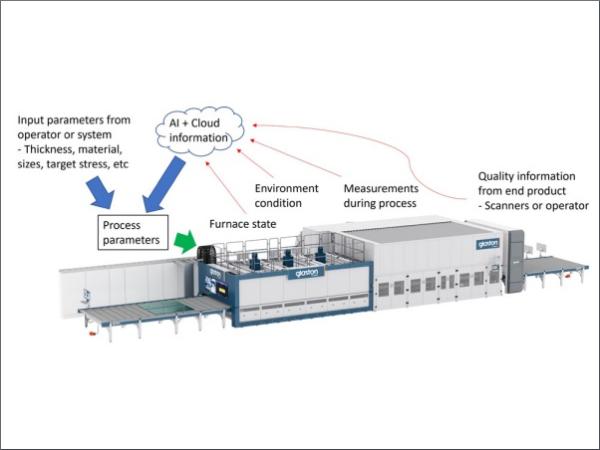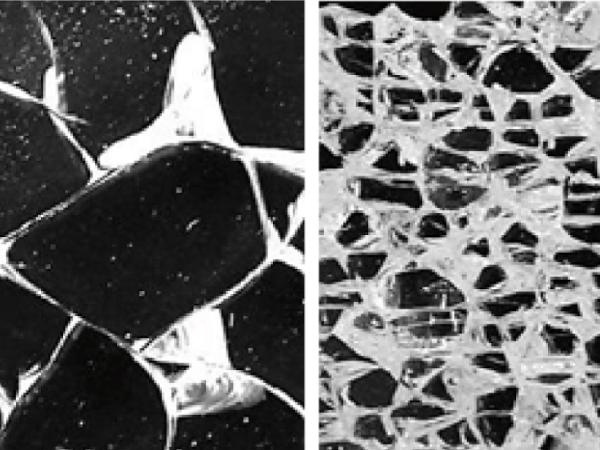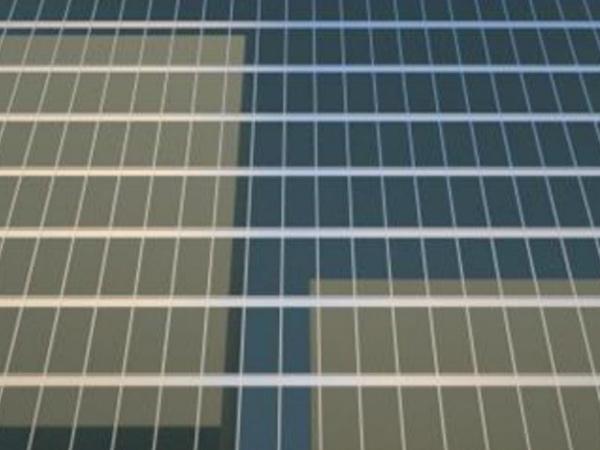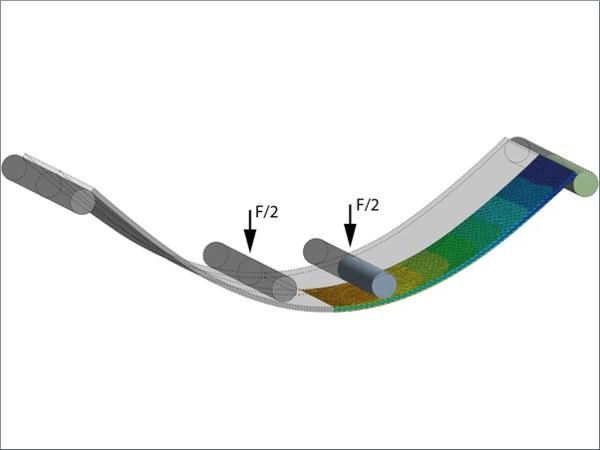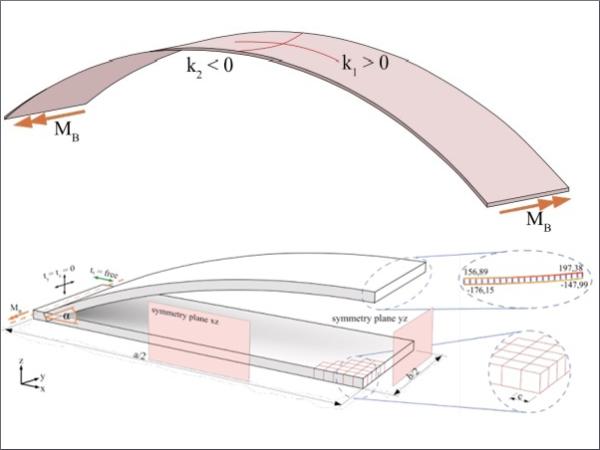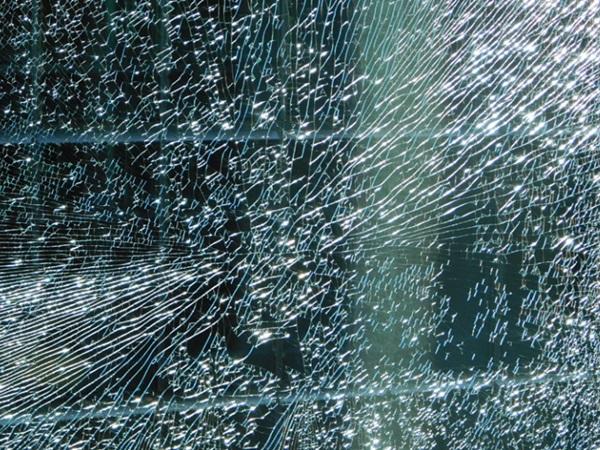Others also read
| Modern tempering technologies offer impressive energy efficiencies for glass processors. But, have you ever come across energy-saving claims that seem too good to be true?
| The paper compares fitting functions of different polynomial degrees to determine and assess the edge stress.
| Minor fluctuations in the tempering process of architectural glass lead to residual stress differences resulting in birefringence and undesired optical iridescence, also known as anisotropy effects.
| The objective of the present work is the development and testing of a robust numerical model that can naturally introduce the generated crack pattern into virtual specimens and manage the interaction among many fragments.
| Optical stress measurement in tempered glass has its challenges. Stresses can be measured optically based on the optical anisotropy behavior of the glass.
| What glass processes gain the most from automation? In this blog, we’ll focus on some of the particularly promising application areas.
| This paper investigates the challenges and potentials of phase-field modelling in simulating glass fracture.
| Sustainable Configurations for Double Curved and Spherical Glass
| In this paper, the anticlastic cold bending test was conducted to explore the influence of various factors, including aspect ratio, scale and composition of the plates.
| The latest Glastory blog gives insights on the experiences of the tempering process Autopilot users.
| The four point bending test is one of the most commonly used and standardised tests to determine the mechanical properties of materials.
| In this paper we focus on automotive applications and describe the tests we performed to find the limits of ultrathin glass in handling and within tests simulating stress expected in the field.
| Glass is most often heat treated before using it as a structural material. In this context, thermal tempering is the most effective and efficient method to enhance the load bearing capacity and strength of glass.
| The objective of this study is to understand the response of laminated glass under high-rate bending in the laboratory at rates representative of blast loading.
| The redeveloped CME Center lobby is defined by a striking, wavelike 24’ tall glass façade.
| Implementing quality controls and checkpoints during production and inspecting 100% of the tempering process, guarantees less rejections in the field converting into more profit.
| Glass tempering is a process that can be made in many ways to get tempered glass that meets the standards. The selected way is usually chosen by the operator and is almost always based on experience instead of science.
| An equivalent temperature difference model for engineering glass design
| This paper explains the most common types of visual distortion from the glass production process and considers a virtual prototyping approach.
| This study experimentally investigated the strength behavior of toughened glass with cylindrical near-edge holes via photoelasticity and destroying four-point bending test.
| Correction of factor kₑ in EN1288-3
| This paper investigates the influence of Possion´s Effect on the accuracy and applicability of the used linear elastic Euler-Bernoulli beam theory for the determination of the tensile bending strength of thin glass.
| A novel approach to generate a flat plate with enhanced stiffness has been identified. This approach is scalable, offering the potential for improved stiffness for both large-format glass and thin, chemically tempered glass.


